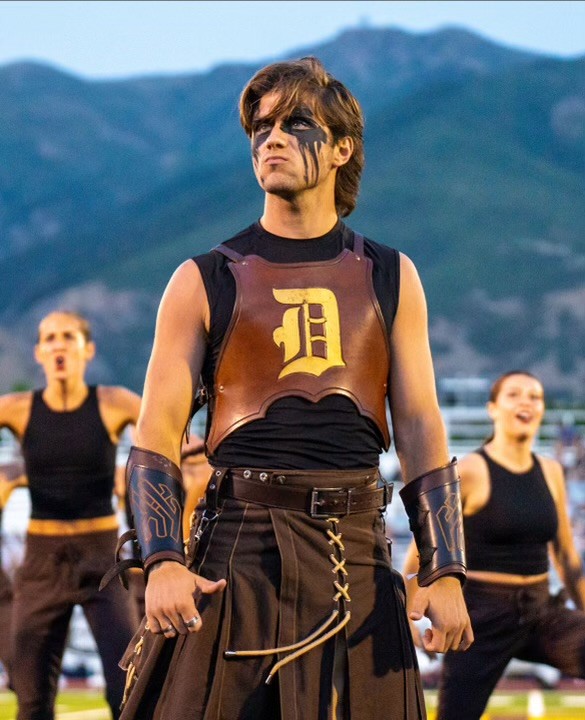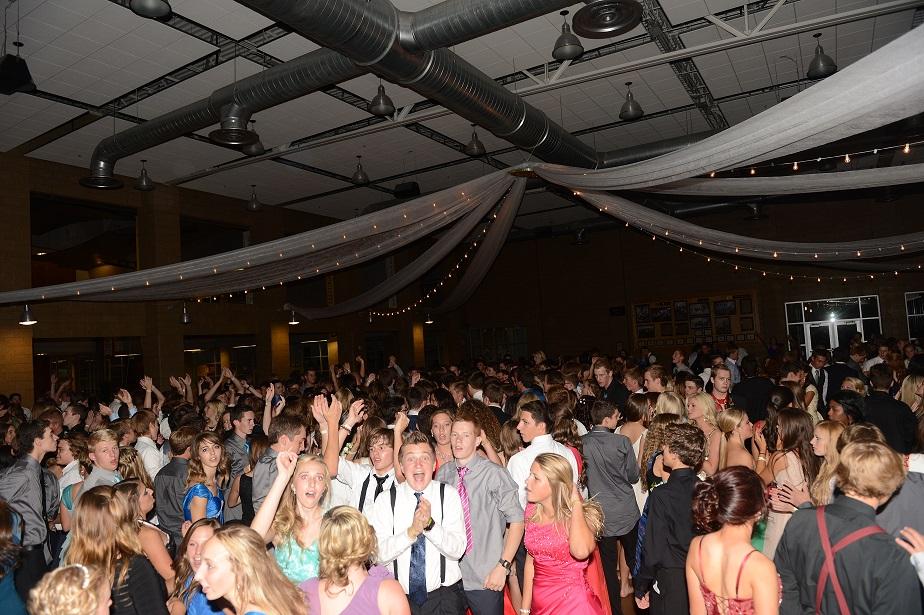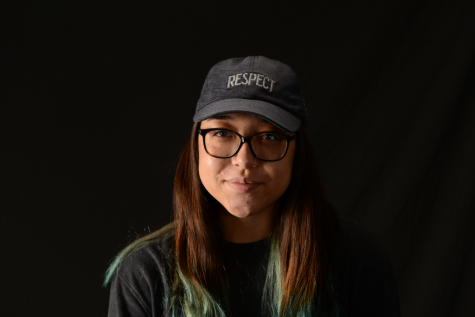The importance of freedom of speech
The comic “Finding Your Voice: A Free Speech Comic,” follows the experience of a boy at one high school; one where politics and controversial topics are openly discussed on an adolescent forum that the youth are required to attend. Most schools, however, are not like a prison of conformity. In fact, most schools censor controversial material and topics. While it may be in an effort to avoid confrontation and prevent the school from becoming a “political battleground”, the lack of freedom of speech deprives the students of many valuable learning opportunities.
It deprives the students of an opportunity to learn how to properly handle these types of conversations. If students aren’t allowed to talk about controversial and sensitive topics during the prime socialization period of their life, then how are they expected to deal with such complicated aspects in adulthood? How are they expected to learn that you can debate without making the matter personal? How are they expected to learn that you can respectfully acknowledge others’ opinions while not agreeing with superiors? In the future, when a political conversation does come up, they could potentially offend somebody because they don’t know how to handle the conversation, because they weren’t properly taught how to do so.
It also deprives the students of an opportunity to learn about things that affect them as the future of our nation. Gun regulations affect them, for school shootings are a reality for them. LGBTQ+ rights affect them, for 8% of all high school students in America belong to the LGBTQ+ community (Schlanger). These are not things that will affect them, these things are affecting them, right now. Soon, the students will have the power to impact the policies. However, there is a lot to learn before they solidify their opinions and vote on these policies, so having people and resources to learn from are very beneficial. It is also the point of schools to provide these resources and opportunities so that the students may become contributing members of society. Just as the infamous quote states: “It takes a village to raise a child,” (Proverb). Like the mission statement of Davis High School states, “The mission of Davis High School, in collaboration with parents and community, is to prepare all students to become productive, contributing members of society by providing high quality instruction and curriculum in a caring and safe environment,” (District). Part of being contributing members of society is by voting and participating in politics. It is clear that students need to be educated on controversial topics but are not receiving the proper education due to the censorship in schools. When the future of our nation turns 18 and gains the ability to vote on these policies society is going to wish that they properly educated them.
It also deprives adolescent students from the opportunity to speak their truth, and that kind of silence is cruelly unjust.
On the other hand, as mentioned in the comic, “…schools have the responsibility to instill ‘the habits and manners of civility’ and the ‘fundamental values necessary to the maintenance of a democratic political system.’” (Snyder). Some content put out by students may be harmful, which might justify schools in censoring some material on behalf of uncivil behavior. However, censoring the material does absolutely nothing. All it does is remove the content, it doesn’t teach the student how to properly share their opinion in a civil manner. Instead of censoring the material, schools should take the time to review it with the student and teach them how to respectfully share their opinion. This would do more in fulfilling school’s responsibilities of “instilling the manners of civility”. Speaking from personal experience, I can testify that this approach works.
As one of the Chief Editors of the High School I attend I myself have written many articles on “controversial” topics that seem unapproachable in classrooms from my experience. Some worth mentioning are “Effects of the Dominant Religion in Social Situations”, “The necessary darkness behind suicide prevention groups”, “Guns: are they good or bad?”, and “LGBTQ community in Davis.” The research I performed prior to writing these articles allowed me to explore the topic with a transparent eyeball (Emerson), fully seeing and understanding both sides of the debate without bias. Whereas before I found myself staying out of these types of conversations, I now found myself confidently expressing my opinion with confidence. Going through the process of writing the articles also taught me how to present my opinions in a civil and respectful manner. This would not have been possible had I not been allowed to talk about gun control or LGBTQ+ rights with my teachers and peers.
In conclusion, while freedom of speech is restricted in schools, it is necessary for the education of students. Freedom of speech allows students to learn how to properly handle sensitive conversations and learn more about a topic before forming their own opinion.
References:
District, Davis School. “Davis High Student Policies.” Davis High Handbook. Davis School District, 2019. Document.
Emerson, Ralph Waldo. “Nature.” Nature. n.d. Essay.
Proverb, African. “It takes a village.” It takes a village. n.d. Quote.
Schlanger, Zoë. Quartz. 25 June 2017. Article. 25 December 2019.
Snyder, Bonnie Kerrigan. Finding Your Voice: A Free Speech Comic. Philadelphia: Foundation for Individual Rights in Education, 2019. Comic Book.

























